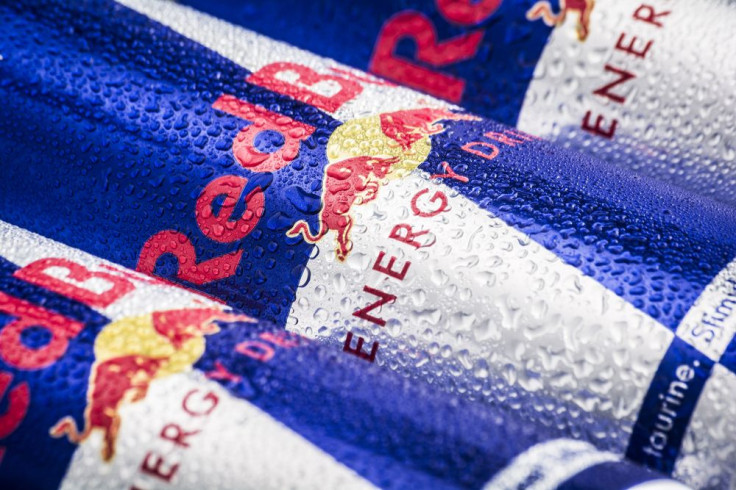Energy Drinks Could Increase Resting Blood Pressure, Even In Young Adults

For those of us working long hours, taking care of kids, and running errands in-between, caffeine is like the gas that keeps our engines going. But when it comes to energy drinks, many people might not realize how much they affect heart health. A new study from Mayo Clinic now finds that people who drink them could experience a rise in blood pressure, even when they’re resting.
Researchers from Mayo Clinic presented their findings on Saturday at the American College of Cardiology’s 64th Annual Scientific Session. After testing popular energy drinks on a number of participants, they found that those who reported regularly drinking little to no caffeine — “caffeine-naive” — had more than double the resting blood pressure as someone who drank a placebo. But while this effect was most pronounced in those who were caffeine-naive, the researchers found everyone experienced an increase.
Energy drink consumption has risen drastically over the past few years, with sales increasing 60 percent between 2008 and 2012. Sixty-eight percent of teens and 30 percent of adults consume the beverages, according to the World Health Organization’s estimates. Then between 2007 and 2011, emergency room visits involving energy drinks doubled from 10,068 to 20,783, according to a report from the Substance Abuse and Mental Health Services Administration. The results of the current study could have widespread implications, as a growing body of evidence suggests they adversely affect the cardiovascular system. Most of it points to their tendency to increase blood pressure and disturb heart rhythm.
“Now we are seeing that for those not used to caffeine, the concern may be even greater,” said lead author Dr. Anna Svatikova, a cardiovascular diseases fellow at the Mayo Clinic, in a press release.
The small study involved 25 adults aged 19 to 40 whose heart rate and blood pressure were measured before drinking either an energy drink or placebo, and then again 30 minutes afterward. Those who were considered caffeine-naive drank less than 160 milligram of caffeine a day, which is the amount typically found in a cup of coffee.
“Consumers should use caution when using energy drinks because they may increase the risk of cardiovascular problems, even among young people,” Svatikova concluded.
Source: Svatikova A, et al. At The American College of Cardiology’s 64th Annual Scientific Session. 2015.



























